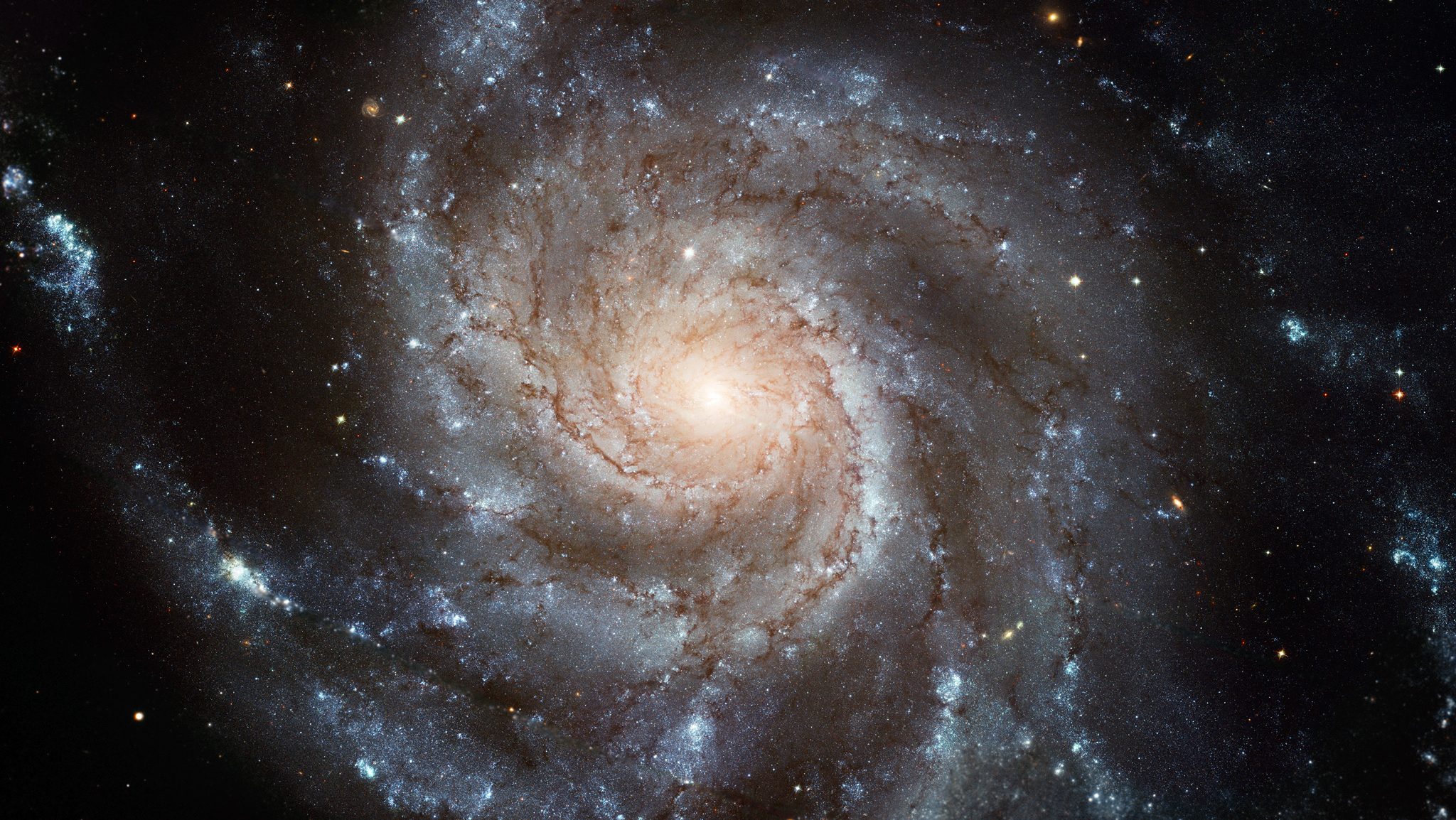Should we be Better Prepared for Asteroids?

What’s the Latest Development?
NASA has begun locating and tracking smaller asteroids, but there are thousands still at large. If one of these were on course to strike Earth, sky surveys would give us no more than a month of warning. In that case, deflection is probably not an option. Instead, “you respond more like the way we handle hurricane warnings,” evacuating people from the area most likely to be struck.
What’s the Big Idea?
If we had a decade of warning on a small-scale asteroid, 200 meters across, we would be much more prone to arguing about possibilities and we wouldn’t actually respond to it,”predicts Daniel Durda, senior planetary scientist at the Southwest Research Institute in Boulder, Colo., Such an asteroid collision probably wouldn’t cause a global catastrophe, just a national or continental one, which means not every country might care to pitch in to deflect it, and others might be opposed to any action if it puts them at greater risk.





